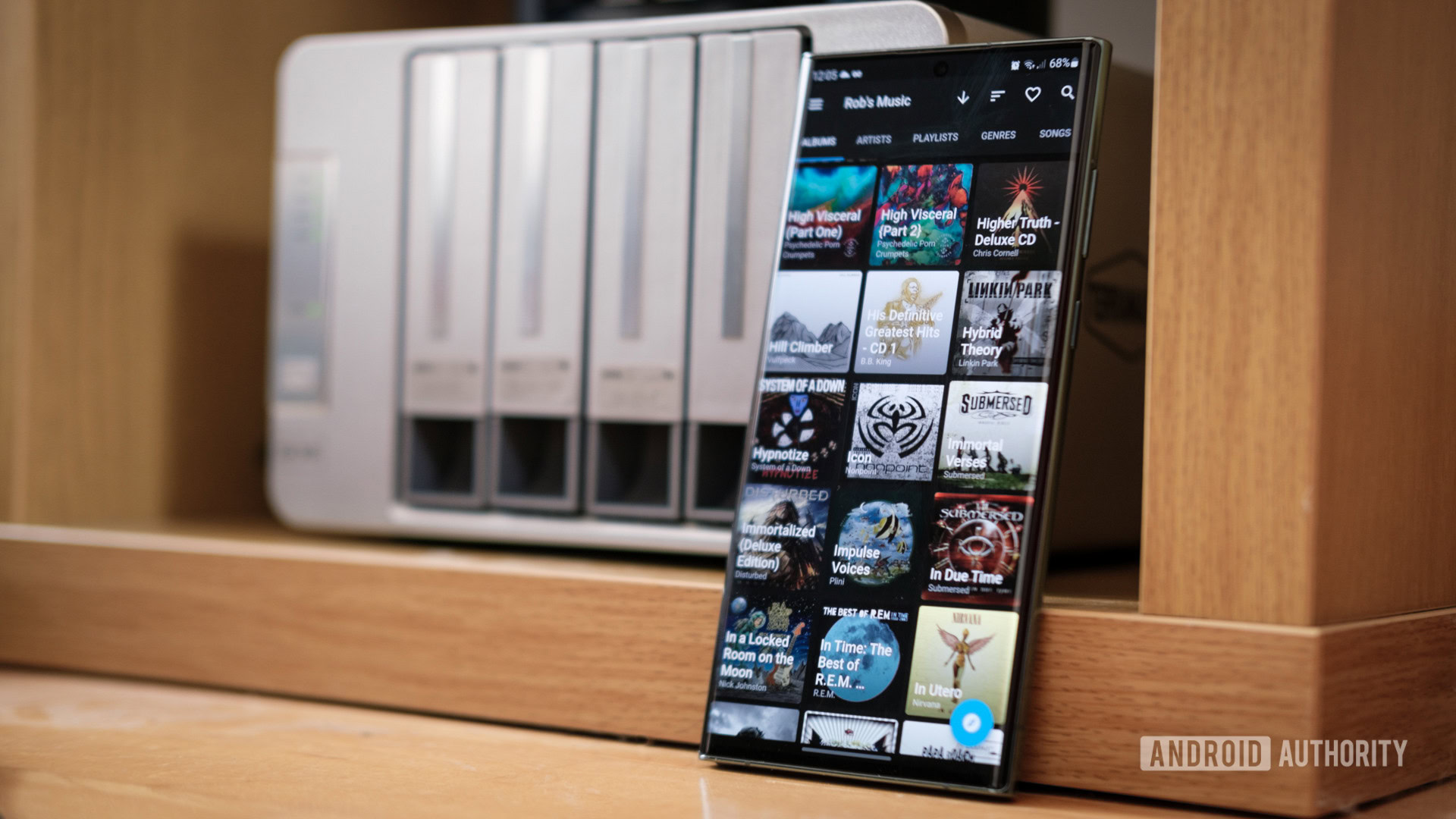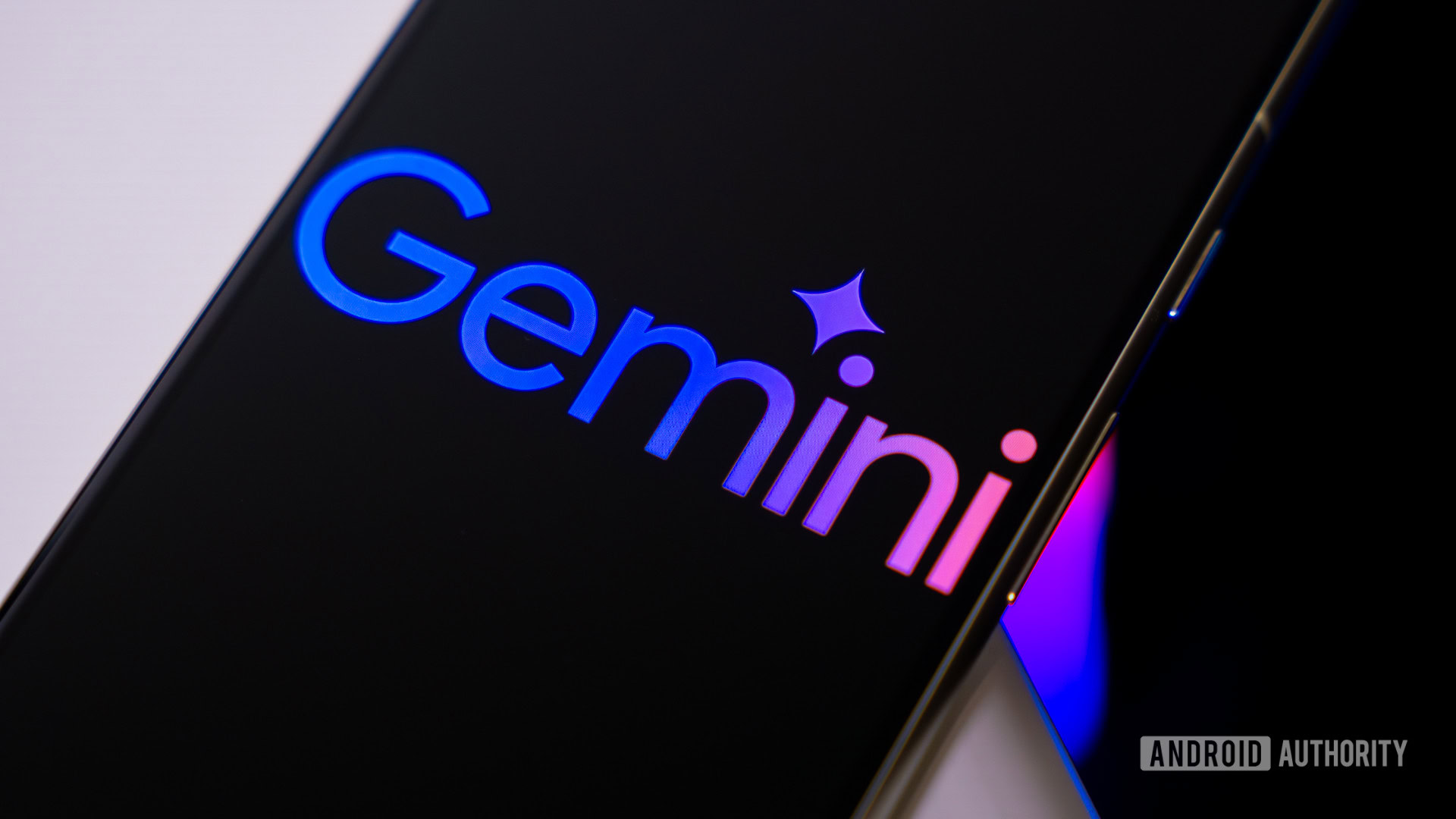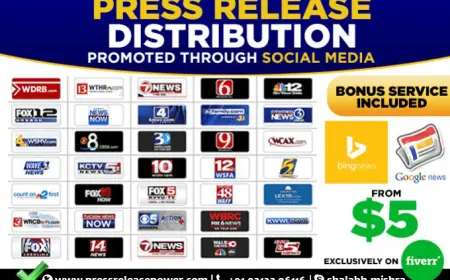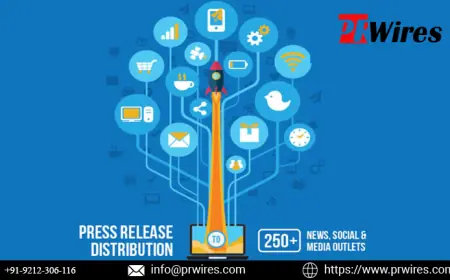Non-Alcoholic Beverages Face Stiff Competition from Alternative Drink Categories
Non-Alcoholic Beverages Market By Product (Bottled Water, Soft Drinks(Carbonated Soft Drinks, Non-Carbonated Soft Drinks, Energy & Sports Drinks), Juices(Orange Juice, Apple Juice, Grapefruit Juice, Pineapple Juice, Grape Juice and Others), Ready-to-Drink (RTD) Coffee & Tea(Ready-to-Drink (RTD) Coffee, Ready-to-Drink (RTD) Tea)), By Distribution Channel (Supermarkets & Hypermarket, Convenience Stores, Online Retail, Food Service, Others), By Region and Companies - Industry Segment Outlook, Market Assessment, Competition Scenario, Trends and Forecast 2023-2033
Non- Alcoholic Beverages Market is anticipated to be USD 2,135 billion by 2033. It is estimated to record a steady CAGR of 6.1% in the Forecast period 2023 to 2033. It is likely to total USD 1,349 billion in 2023.
The non-alcoholic beverages market includes drinks that either have no alcohol or contain very little of it. People enjoy these beverages for many reasons, such as staying refreshed, hydrated, and enjoying various flavors without the effects of alcohol. This market covers a wide range of drinks like soft drinks, tea, juices, energy drinks, flavored water, and functional drinks.
Download a sample report in MINUTES@ https://market.us/report/non-alcoholic-beverages-market/request-sample/
A significant factor driving this market is the growing focus on health and wellness. Many consumers are looking for healthier alternatives to sugary drinks, leading to a rise in the consumption of beverages like bottled sparkling water, flavored water, fruit juices, herbal teas, and plant-based milk substitutes. In response, manufacturers are creating innovative products with organic and natural ingredients, reduced sugar content, and other health benefits.
Another key factor in the growth of the non-alcoholic beverages market is the increasing popularity of functional drinks. These beverages offer health benefits beyond just hydration, such as boosting energy, supporting the immune system, and aiding digestion. They often include ingredients like antioxidants, vitamins, minerals, and probiotics, and are designed to meet specific consumer needs and preferences. Additionally, the convenience and demand for on-the-go consumption contribute to market growth.
By Product Type Analysis
In 2023, the Non-Alcoholic Beverages market was diverse, with the Soft Drinks segment leading, capturing over 58.6% market share. This dominance is due to the popularity of carbonated and non-carbonated soft drinks, energy, and sports drinks.
By Distribution Channel Analysis
In 2023, Supermarkets & Hypermarkets led the distribution channels, securing over 43% market share due to their convenience, competitive pricing, and bulk shopping options. Convenience Stores followed, catering to on-the-go consumers with extended hours and quick access to beverages.
Key Market Segments
By Product Type
-
Bottled Water
-
Soft Drinks
-
Carbonated Soft Drinks
-
Non-Carbonated Soft Drinks
-
Energy & Sports Drinks
-
Juices
-
Orange Juice
-
Apple Juice
-
Grapefruit Juice
-
Pineapple Juice
-
Grape Juice
-
Others
-
Ready-to-Drink (RTD) Coffee & Tea
-
Ready-to-Drink (RTD) Coffee
-
Ready-to-Drink (RTD) Tea
By Distribution Channel
-
Supermarkets & Hypermarket
-
Convenience Stores
-
Online Retail
-
Food Service
-
Others
Top Key Players
-
The Coca-Cola Co
-
PepsiCo Inc
-
Monster Beverage Corp
-
Keurig Dr Pepper Inc
-
Fomento Economico Mexicano SAB de CV
-
Arizona Beverage Company
-
Asahi Group Holdings Ltd
-
Danone S.A
-
Nestle SA
-
Unilever Plc
-
Red Bull GmbH
-
Dr. Pepper Snapple Group Inc
Driving Factors
The non-alcoholic beverage market is propelled by health and wellness trends, with consumers seeking nutritional benefits like low sugar and natural ingredients. Continuous product innovation and the introduction of diverse options, such as plant-based and functional drinks, attract consumers.
Restraining Factors
High sugar content in non-alcoholic beverages concerns health-conscious consumers, potentially reducing demand for sugary drinks. Regulatory measures like sugar taxes and labeling regulations pose challenges, increasing costs and limiting product offerings. Environmental concerns over single-use plastic packaging push for sustainable solutions, which can be expensive.
Growth Opportunities
Plant-based beverages cater to the increasing trend of plant-based diets, offering options like almond milk and fruit juices. Functional and health-enhancing drinks with added benefits, such as probiotics and vitamins, align with consumer wellness goals. E-commerce expansion provides a platform for wider reach and increased sales, while global market penetration into emerging regions with growing disposable incomes offers new customer bases.
Challenges
The non-alcoholic beverage market faces challenges from stringent regulations, high production costs for sustainable packaging, and intense competition from diverse beverage categories. Balancing health-conscious consumer demands with innovative, cost-effective products remains a key hurdle for market growth.
What's Your Reaction?
 Like
0
Like
0
 Dislike
0
Dislike
0
 Love
0
Love
0
 Funny
0
Funny
0
 Angry
0
Angry
0
 Sad
0
Sad
0
 Wow
0
Wow
0

















































